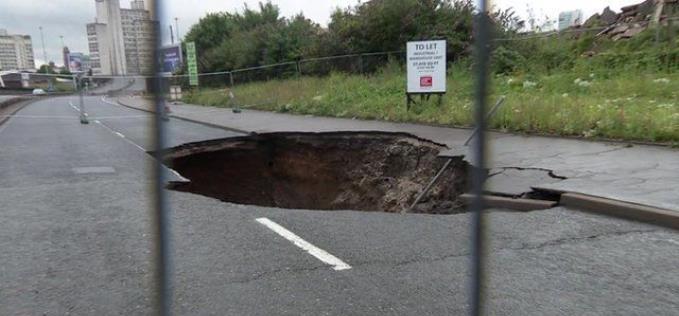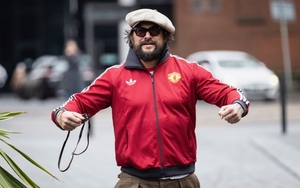MANCHESTER has beaten off competition from 34 other UK cities to win a £10m Government grant to become the world leader in ‘smart city’ technology.
Manchester's winning project includes plans for smart lamp posts and 'talkative bus stops'
The CityVerve Project aims to trial improved public services using the ‘Internet of Things’ (IoT) - a Government-backed global technology initiative which aims to connect ‘smart’ devices and machines via the internet in order to gather data.
No big deal, you might say, my iPhone’s been doing that for yonks.
Where IoT differs is by placing sensors within a city’s infrastructure to gather information in order to improve business and public services.
Still sound boring?
Imagine this: torrential rainfall has caused erosion beneath the Mancunian Way and the ground is about to open up and swallow a schoolbus full of kiddywinks. Crikey. However, a recently installed ‘smart road’ system containing pressure sensors and other widgets beneath the road’s surface has reported that something's awry to Transport for Greater Manchester that something isn’t right. And TfGM, in their infinite wisdom, have closed this stretch, diverted traffic and saved the kiddywinks.
Clever stuff.
Currently, the winning project by Greater Manchester Local Enterprise Partnership includes plans for smart lamp posts, which monitor air quality; ‘talkative bus stops’, which let bus operators know you’re waiting; and sensors in park benches encouraging people to do more physical activity – “RUN FATTY!”
 Could IoT save us from sinkholes?
Could IoT save us from sinkholes?“The Manchester project will help the UK to be a world leader in the adoption of Internet of Things technologies and inspire others around the world to create smarter cities,” said Digital Economy Minister Ed Vaizey.
Manchester City Council leader, Sir Richard Leese, said: "I'm delighted that Manchester has been selected as the UK demonstrator city to test and demonstrate how the imaginative use of smart technology can make a real positive difference to our people and businesses. The lessons learned from this project should benefit the country as a whole.
"The pioneering work Manchester is doing on devolution, finding innovative ways to respond to local needs and priorities, makes us the perfect test bed for this work.”
The competition is part of a wider £40m government investment in Internet of Things technologies.
A recent report by independent consultants Arup estimates that the global value of the Internet of Things sector will exceed £255 billion a year by 2020.














